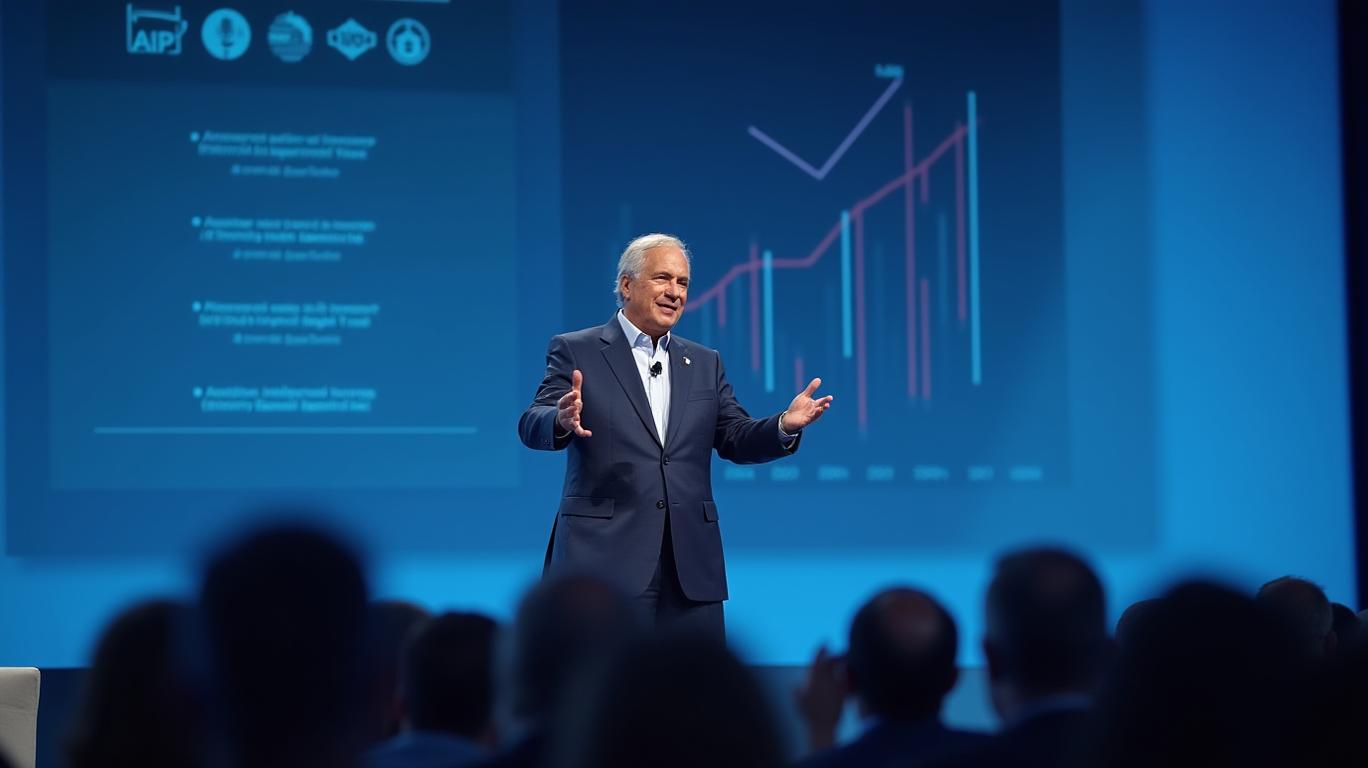JPMorgan CEO Dimon Advocates AI Integration, Leadership Honesty
Jamie Dimon, the CEO of JPMorgan ChaseJUSA--, recently shared his insights on leadership and innovation during an annual event. He emphasized the importance of integrating artificial intelligence (AI) into the core operations of organizations, stating that it should not be relegated solely to the technology department. Dimon highlighted that JPMorgan Chase has been investing heavily in AI since 2012 and has seen significant returns. The company now employs over 2,000 AI specialists and has 200 researchers dedicated to advanced AI projects.
Dimon noted that AI has evolved from being a tool for big data analysis to a more sophisticated technology capable of identifying complex patterns and correlations. He underscored the necessity for organizations to have a dedicated AI leadership position, with each business unit having its own AI and data head. This structure ensures that AI initiatives are aligned with the company's overall strategy and that data is accessible and usable across different departments.
One of the key benefits of AI at JPMorgan Chase is the reduction in the cost of prospecting in the commercial banking sector, which has decreased to one-tenth of its previous cost. This efficiency allows the company to add hundreds of new bankers quickly and effectively. Dimon stressed that AI must be part of an organization's DNA and that leaders should embrace it as a mindset rather than a technical challenge.
In addition to his advice on AI, Dimon offered four pieces of leadership advice. First, he advised leaders to assess their performance and the competitive landscape honestly and directly. He cautioned against using numbers to prove preconceived notions and instead encouraged using data to gain a true understanding of the situation. Second, he emphasized the importance of choosing the right people for the right positions, noting that poor leadership can lead to disastrous outcomes. Third, he advised leaders to have heart and humility, treating everyone in the organization with respect and genuine care. Finally, he encouraged leaders to have grit, taking calculated risks and being resilient in the face of challenges.
Dimon also warned against forcing customers down a specific path and advised companies to research customer behavior and preferences. He highlighted the importance of avoiding complacency, bureaucracy, and arrogance, citing examples of companies that have failed due to these issues. He emphasized the need for continuous assessment and adaptation to stay relevant in a rapidly changing market.
Dimon's insights provide a valuable perspective on leadership and innovation, particularly in the context of AI integration. His advice underscores the importance of embracing new technologies, fostering a culture of honesty and humility, and remaining adaptable in the face of change. By following these principles, leaders can navigate the complexities of modern business and drive their organizations toward success.

Quickly understand the history and background of various well-known coins
Latest Articles
Stay ahead of the market.
Get curated U.S. market news, insights and key dates delivered to your inbox.

Comments
No comments yet